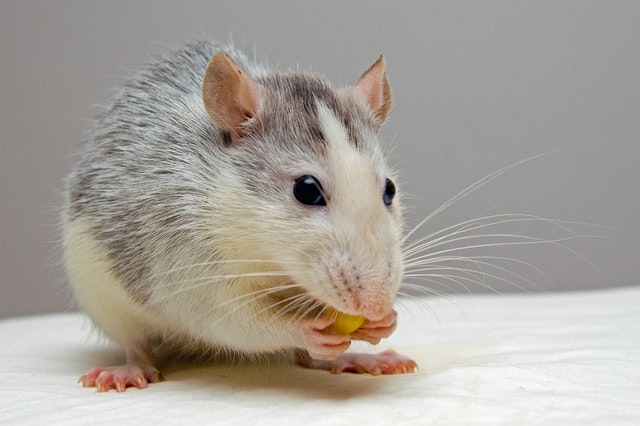While preparing for an upcoming program with a group of campus leaders, I asked the Director of Orientation if anything in particular stood out about her group of students. She replied, “I don’t know what it is about this year, or this group, but they just aren’t into it. They seem low energy, low passion, and not as sharp as prior years.”
When I arrived at the university the following week, I was admittedly nervous about working with the group because of what she had told me. But as they say, the show must go on, so I did my program with them. To my surprise, the group fully engaged in the program and displayed a lot of energy. As I was packing up to go, the Director came up to me and said, “I don’t know if you just got them on a good day or what, but this is not the same group of leaders that I’ve been working with for the past five days.”
Her comment made me wonder if the students were actually different this year. Or, could the expectations that the Director was putting on this group have caused her to treat them differently, and in turn, they reacted differently than prior years.
Smart Rats Vs Dumb Rats
Psychologist Bob Rosenthal wondered the same question about rats. His experiment was to test if our expectations of rats cause them to perform differently in a maze run.
 To test his hypothesis, Bob placed an equal number of identical rats into two different cages. He labeled one cage “Extremely Smart Rats” and the other cage “Extremely Dumb Rats.” Bob then invited experimenters to come in and pick rats from each cage and run them through a maze. The results were amazing.
To test his hypothesis, Bob placed an equal number of identical rats into two different cages. He labeled one cage “Extremely Smart Rats” and the other cage “Extremely Dumb Rats.” Bob then invited experimenters to come in and pick rats from each cage and run them through a maze. The results were amazing.
The “smart” rats consistently ran the maze two times as fast as the dumb rats.
What?!?! How could that be? The rats were identical prior to the experiment. The only difference was the label placed above the rat cage. So, could the experimenters’ thoughts about the rats impact their maze run? Well, yes and no.
The experimenters’ thoughts of “dumb rats” versus “smart rats” alone didn’t have an impact. Their thoughts, however, did impact how they interacted with each group of rats. The interactions the experimenters had with the “dumb rats” versus the “smart rats” caused the rats to behave differently in the maze. As studied by Rosenthal, the interactions were subtle, but made all the difference.
The Pygmalion and Golem Effects
Turns out the same is true when the interaction is between humans. The Pygmalion Effect states that higher expectations lead to an increase in performance. On the other hand, The Golem Effect states that lower expectations lead to a decrease in performance. In a large study between teachers and students in a classroom, the results found that “if teachers were led to expect enhanced performance from children, then the children’s performance was enhanced.”
So, what type of employees do you have in your organization? How have you been labeling them, and how has that label caused you to interact with them differently? Maybe your team is only mirroring the expectations you have placed upon them. If you change your expectations, maybe their behavior will change too. We only see what we expect to see.
“If you change the way you look at things, the things you look at change.” – Wayne Dyer